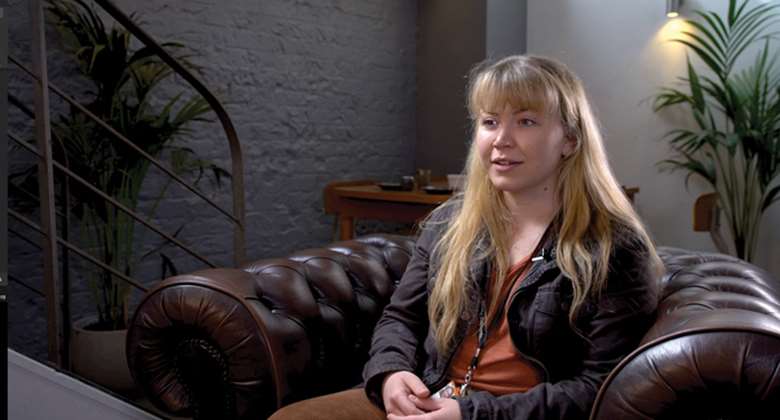Project unpicks the trauma of care to address offending
Danielle Aumord
Monday, September 23, 2019
Experience of both care and custody is not unusual - Ministry of Justice research suggests around a quarter of the adult prison population are care leavers, despite less than one per cent of children entering care each year.

- Project works with 16- to 25-year-old care leavers who have offended.
- Offers practical support to address housing needs before tackling the impact of trauma through building trusted relationships.
- Vast majority of young people re-establish relationships with friends and family.
ACTION
"Being in care and in prison involves a young person being separated from their families and their peer groups - and as a result - they often don't feel in control of their lives," says Fran Hughes, specialist service manager at the Future 4 Me (F4M) project.
Last year, the Bristol-based service implemented a pilot scheme using a trauma recovery model to better meet the needs of young adults who have experience of offending and the care system. Drawing on Maslow's Hierarchy of Needs theory, F4M aims to ensure young people's housing needs are met before addressing their trauma. To this end, it provides more than 230 bed places through a network of hostels, shared houses and self-contained flats managed by the project's parent charity 1625 Independent People.
After these initial needs have been met, project workers gather information from other agencies and work with a psychologist to get a clear picture of everything that has happened in that young persons' life to understand the impact this has had. They can then assess how a young person is functioning - for example, a 20-year-old could be emotionally functioning as a 13-year-old - and adapt their work accordingly.
Project worker Hetty Graham says that when working in a trauma-informed way, staff help the young people to build routines and stability. Simple things such as sleep patterns and regular meals can help someone who's suffered severe trauma.
"Later, we will aim towards achieving other personal goals, education, employment or training," explains Graham.
Developing trusting relationships with project workers aids recovery from trauma she says, citing the example of a young man who was born addicted to heroin. Trust has been built with him by staff being reliable when a lot of people in his life haven't been. "He was taken into care as a child. He suffered rejection and neglect," she explains.
She bases a lot of her support sessions around food because it helps to connect over a shared experience.
"Often when meeting a young person late in the afternoon, they will tell me that they haven't eaten all day so we will go out to get something to eat," she says. "We sometimes cook together too, which has the additional benefit of learning life skills."
As a part of the trauma recovery model, project workers avoid getting young people to talk through traumatic life experiences repeatedly, because of the risk it could re-traumatise them. Instead they use creative activities such as pottery and painting, as a way to build rapport until the young people are ready to open up.
"We can spend a couple of hours talking while not having to make too much eye contact," Graham explains. "Later in the relationship, we can unpack the tough stuff as we slowly break down those walls that are holding them back."
Graham gives the example of a young person who had experienced childhood sexual exploitation, which resulted in complex mental health needs. "The young person struggles with regulating their emotions and recognising what's reality and what's not. For example, they might be inconsolable about a package not arriving in the post but struggle to understand that someone hurting them is a bad thing.
"They love animals, so we take my dog for walks and talk things through to help them process their emotions in a calm and safe environment," she adds.
IMPACT
1625 Independent People works with more than 3,000 young people each year - and has received a £2m grant from the National Lottery Community Fund over seven years.
Its data monitoring reveals that 95 per cent of the young people supported by F4M develop or re-establish relationships with their family, peer-groups and social networks.
Staff also have a focus on supporting service users to access community based resources that will continue to be available to them after they leave, for example referrals for one-to-one counselling at external mental health charities.




